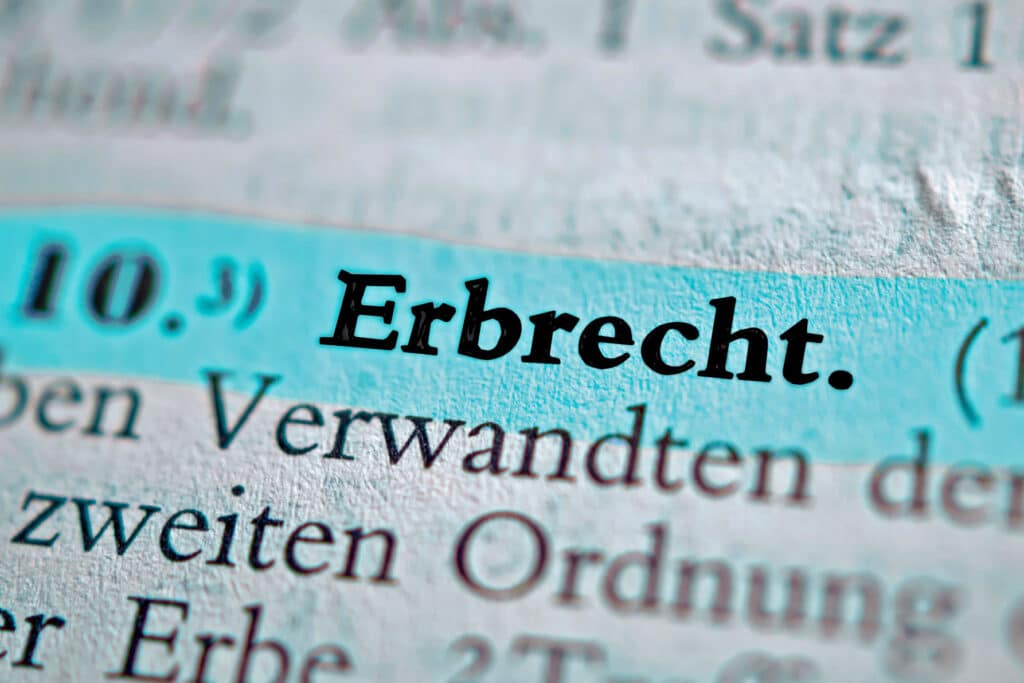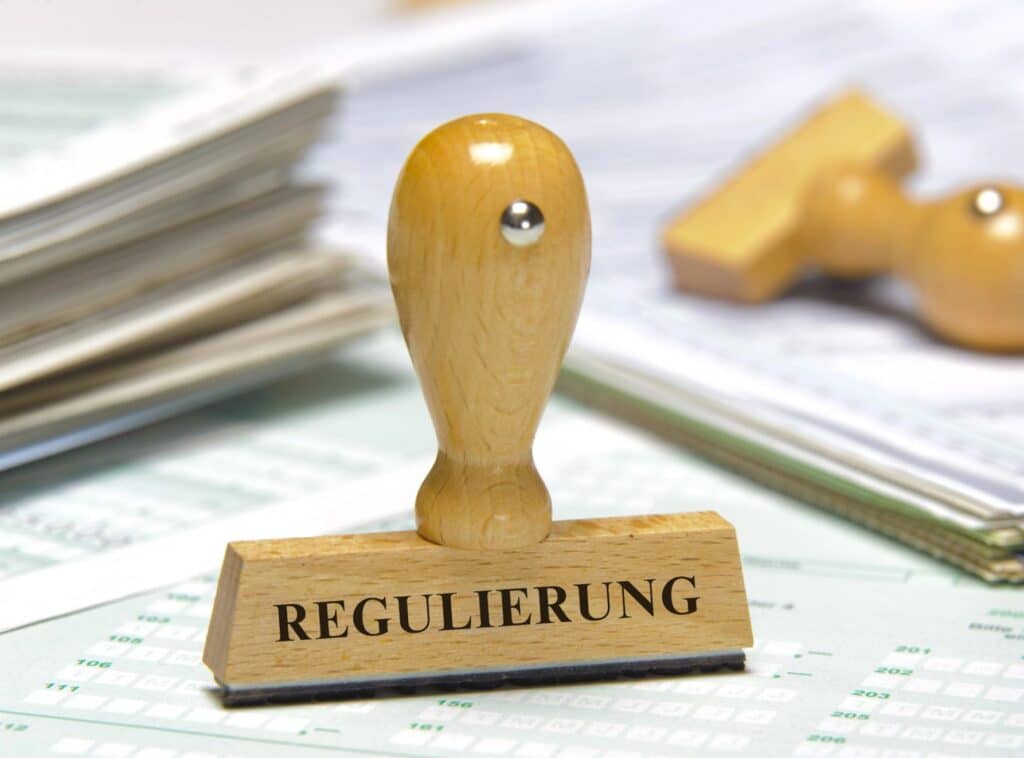Current reports of almost spectacular and brazen fraud mechanisms in the area of VAT suggest that (bogus) transactions are being carried out with unbroken determination and a high level of criminal energy, which can not only result in high collateral damage for the regular economic cycle, but also generally shake confidence in the legally secure functioning of the current VAT system.
A brief look back: Since the introduction of the current VAT Act in 1968, there has been a high level of VAT crime. This is due to a quasi system-immanent construction element of the VAT Act, the input tax deduction according to § 15 UStG. For the entrepreneur entitled to deduct input tax, a properly issued invoice is a valuable asset, a quickly realisable credit to the tax authorities. According to the regulations in the UStG in the case of the usual debit taxation, the input tax can be regularly offset against the VAT on output services or refunded if an invoice has been properly issued in accordance with § 14 USG. Whether and when this invoice is actually paid is therefore irrelevant for the input tax deduction. In addition, VAT is transmitted electronically in the notification procedure - a mass procedure without any real opportunity for the tax authorities to carry out comprehensive, comprehensive and, above all, timely checks.
Input VAT deduction: a design flaw in the current VAT law
From the outset, it was too tempting to be able to have the difference refunded by the tax office if the input tax exceeded the tax on output. In the first few years after the introduction of the new VAT system, incidentally after clear warnings from the scientific community that have now been forgotten, unauthorised access to the tax office was still quite simple: after a certain period of trust, you only had to claim a high negative amount once as a monthly or quarterly refund. It was often not even necessary to falsify an invoice or otherwise set a particularly sophisticated fraud mechanism in motion. Simply making a false declaration enabled refunds totalling millions to be made even back then.
In contrast, today's serious offences with multiple participants and transactions seem far more sophisticated, but no less lucrative from the perpetrators' point of view.
Fraud carousels still active with enormous risks, even for unwittingly involved entrepreneurs
The example of VAT carousels shows how unfortunate the current situation is. Even after many years of experience in combating fraud, the tax authorities seem to be tilting at windmills. The annoying thing is that companies can still be affected by this, at least if they are not participating in the carousel consciously or with criminal intent.
In order to clarify the existing risks for entrepreneurs, the following is a simplified description of how a VAT carousel works:
A central component of a carousel, as in the recently publicised cases in Bavaria, is a dummy company (missing trader), whereby only the tax consequences are shown here if the carousel is not initially uncovered and the "real" entrepreneurs involved are bona fide.
Example: Missing trader (M) in Germany acquires goods from another EU country from a supplier L. From L's perspective (only), this is a VAT-exempt intra-Community supply, while M makes a taxable intra-Community acquisition in Germany, where the VAT on this acquisition is also deductible as input tax. When reselling the goods to the intermediary Z, he would actually have to pay the VAT due on the net purchase price in the amount of 19% to the tax authorities. He does not fulfil this obligation. By the time the tax office finds out about him, M has disappeared. The tax office can no longer collect the unpaid tax. The goods are then sold back to the original supplier L, usually at a reduced price, via at least one domestic intermediary in another EU country. The situation becomes a carousel as the same goods can be moved several times. On the face of it, there is no irregularity on the part of the intermediary, as it pays the VAT on the payments received less the input VAT invoiced to it to the tax office.
Identify risks, avoid tax disadvantages and criminal consequences
It should be clear that offences in several areas of law are committed by missing traders. The focus is usually on particularly serious tax evasion. In addition, there may often be other offences ranging from forgery of documents to the formation of a criminal organisation.
However, it is not uncommon for companies that do not knowingly participate in VAT carousels, such as the intermediaries in the example above, to be involved. Precautionary financial management plays a major role here. Tax compliance as part of a company's risk management plays an important role. extended task which in no way can only relate to the company's own accounting system. Figuratively speaking, management must see itself as an outpost of the tax investigation. In concrete terms, this means that precautions should be taken to recognise carousel goods, for example, and processes should be established to avert the enormous damage caused solely by the failure to deduct input tax - unauthorised tax reporting in accordance with Section 14c UStG excludes the deduction of input tax (Section 14c.1 para. 4 UStAE). In addition, the assertion of input VAT from such invoices can be regarded as a separate tax offence. In such cases of incorrect input VAT deduction, the BGH (Federal Court of Justice) bases its judgement on the recipient's knowledge. If the recipient should have known at the time of purchase that he was participating in a transaction that involved VAT evasion, he must be denied the right to deduct input VAT. However, this right does not lapse if this knowledge is only obtained retrospectively (BGH, decision of 1 October 2013, 1 StR 312/13).
As a result, additional measures must be implemented to at least prevent negligent involvement in a VAT carousel. There are comprehensive checklists with individual test criteria for this, ranging from a qualified query of the VAT identification number to extracts from the commercial register of business partners and checks on conspicuous movements of goods with atypical prices and quantities.
This effort is just one example of the extraordinary effort required to take precautions. A determined and coordinated approach is all the more necessary if there are initial signs of involvement in a fraud carousel within the company. In addition to their own resources, companies can draw on the expertise of external consultants. This calls for experienced tax consultants and lawyers who, in addition to criminal tax law practice, also have in-depth knowledge of VAT law. In the event of acute threats - possibly even involving employees in the company concerned - rapid and efficient deployment is very important.
Conclusion: The current VAT system is susceptible to fraud and therefore in need of reform
Our experience from many years of practice shows that tax investigators are sometimes quite aggressive in their approach to entrepreneurs. This is even the case when it should actually be clear that they have at least not intentionally participated in a VAT carousel. Entrepreneurs also have to undertake an almost unmanageable external and internal, sometimes even investigative, control effort in order to at least have the chance to avoid tax disadvantages and criminal consequences. The entrepreneur is effectively forced to compensate for the inadequacies of the current VAT system with a privately financed vanguard of tax investigation and is also severely penalised if he fails to do this perfectly. In a nutshell: a market economy also depends on trust in business partners and employees. The current situation is forcing massive mistrust, at least in part. The same applies to families and companies: Trust is an almost priceless commodity; a lot can be destroyed by unfounded mistrust. On the other hand, the old adage applies again: trust is good - control is better.
The reactions of the legislator with the extension of the reverse charge procedure to more and more transaction types are already pointing in the right direction. By reversing the tax liability with the provision of Section 13b UStG, fraud carousels can be curbed.
A change of system should also be considered in the medium term. VAT law must not become a permanent tax trap for a large number of entrepreneurs. However, it is certainly not only the sluggishness of the EU institutions that stands in the way of reform. Until then, it remains an urgent task in financial management to implement all necessary preventive measures within the framework of tax compliance and to constantly adapt them to the changed findings. It remains to be seen how the tax authorities will implement the planned application decree on Section 153 of the German Fiscal Code (AO) and thus also take into account the generally good cooperation between tax auditors, tax advisors and taxpayers in Germany with a practical solution. In any case, well-documented tax compliance should be able to refute the accusation of recklessness or even intent with regard to the offence of tax evasion.






